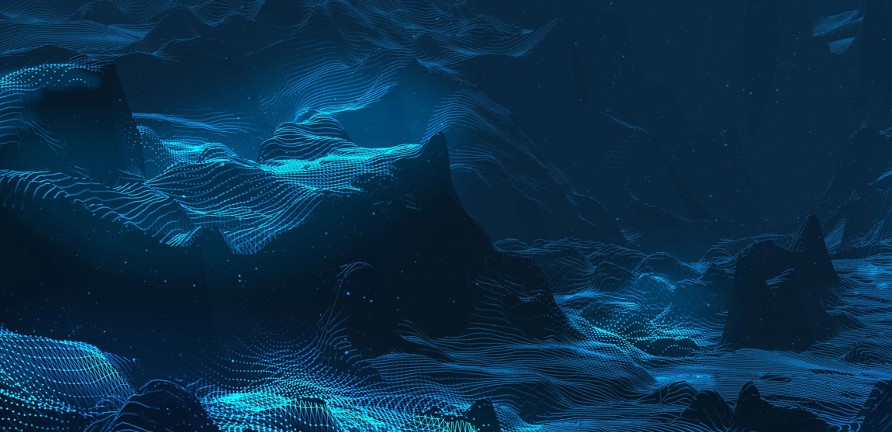
Help develop autonomous vehicles to explore the ocean floor. The Shell Ocean Discovery XPRIZE is a $7 million global competition to advance deep-sea technologies for autonomous, fast, and high-resolution ocean exploration. Teams will have a limited period of time to explore an area of the ocean, producing a map of the sea floor and images of biological, archaeological, and geological features of the ocean environment. Teams must be registered by June 30th, 2016.
To learn more and participate, visit: https://oceandiscovery.xprize.org/
To stay up-to-date on this project:
• follow twitter.com/xprize
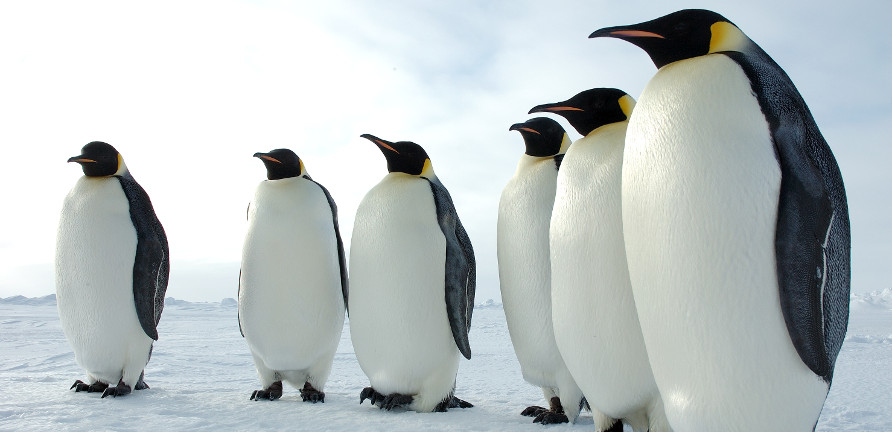
photo by Glen Grant, U.S. Antarctic Program, National Science Foundation
Help scientists learn about penguins and the Southern Ocean marine habitat by tagging images collected from environmental cameras in Antarctica. Scientists want to learn more about these these aquatic flightless birds, from how the eggs and baby chics are doing to what predetaors or other fauna may be hanging around the colony. The images come from several dozen cameras focussed on the nesting areas of penguin colonies around the Southern Ocean. Volunteers are asked to tag adult penguins, chicks, and eggs.
This project will lead to better understanding of penguins, how they over-winter, the timing of breeding, and the impact of predators. Antarctic penguin colonies reside in part of the world that is very difficult to study because of its rugged, cold conditions. Environmental cameras produce a deluge of images allowing unprecedented access to study this poorly understood area of the globe.
Project owners + coordinators:
Chris Lintott, Zooniverse lead
Rob Simpson, developer
The Penguin Watch Team
To learn more and participate, visit: https://www.penguinwatch.org/
To stay up-to-date on this project:
• follow twitter.com/penguin_watch
• read penguinlifelines.wordpress.com/
• join talk.penguinwatch.org/
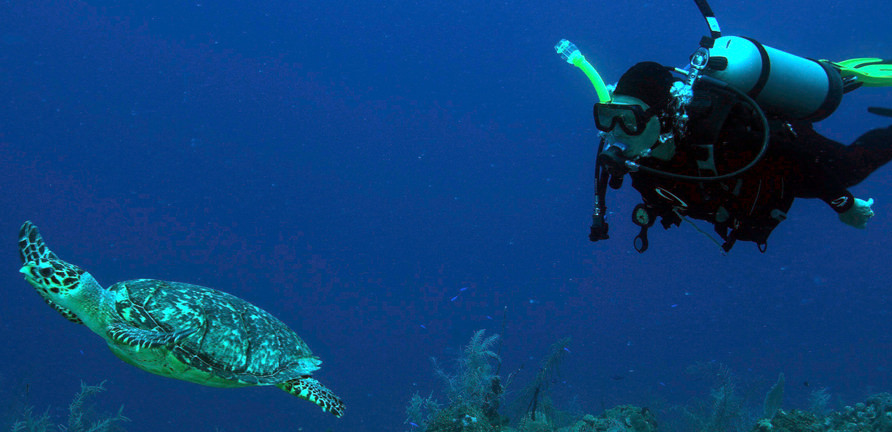
A project that empowers scuba divers and snorkelers to collect and report information on marine fish populations, sea turtles, algae and invertebrate species in temperate reef areas. Collected data is individually validated for quality and then used for scientific research by marine ecologists from NOAA, local governments and environmental protection organizations. From this quality-controlled and publicly-accessible database, scientists can more accurately survey species distribution and population trends across a variety of areas. For a complete list of scientific papers and projects produced using the REEF database so far, browse the Publications and Monitoring Projects.
Surveys can be conducted in a variety of temperate reef areas across the United States (including Hawaii), Canada, Mexico, Caribbean, Bahamas, Galapagos, and the South Pacific. The only materials needed to collect data if you’re scuba diving or snorkeling is an underwater slate and pencil and a good reference book/online resource (these materials are available on the REEF store). On your next dive, record any fish, sea turtles, algae or invertebrates you find on the underwater slate using the simple Roving Diver Technique (RDT). Then, submit your data online.
Project owners + coordinators:
Martha Klitzkie, general manager
To participate and learn more, visit: https://reef.org/programs/volunteersurvey
To stay up-to-date on this project:
• follow twitter.com/reef_org
• connect with facebook.com/reef.org
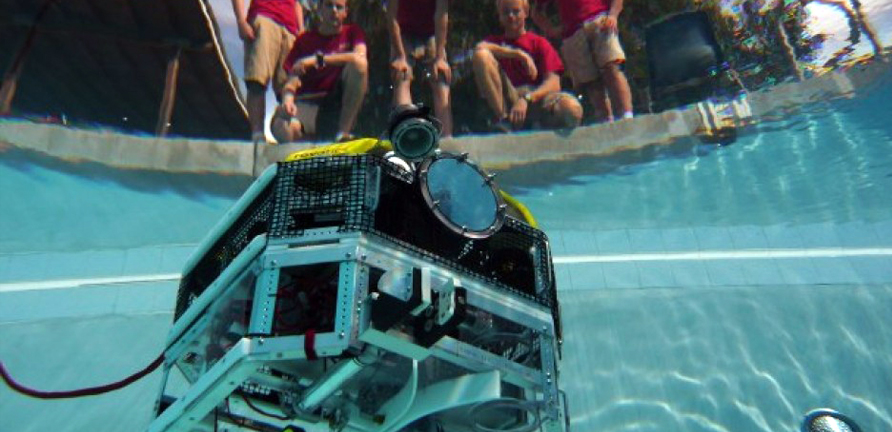
photo by Jesuit Robotics
An international competition for elementary through college level students to design and build underwater remotely-operated vehicles (ROVs) to tackle missions modeled after scenarios from the ocean workplace. This year’s competition theme highlights the role that ROVs play in exploring and documenting shipwrecks, studying sinkholes, and conserving national maritime heritage sites. Regardless of the theme, the competition consists of underwater mission tasks, technical reports, engineering presentations and poster displays.
The 13th annual MATE international competition will take place June 26-28, 2014 at the Thunder Bay National Marine Sanctuary in Alpena, MI, USA. The competition connects students and educators with employers and working professionals. Working professionals have the opportunity to act as team mentors, students can explore potential careers, and employers are able to evaluate students as potential employees.
Project owners + coordinators:
Jill Zande, competition coordinator
To learn more and participate March 1, 2014, visit: marinetech.org/rov-competition
To stay up-to-date on this project:
• follow twitter.com/matecenter
2013 International MATE ROV Competition from MATE Center on Vimeo.
]]>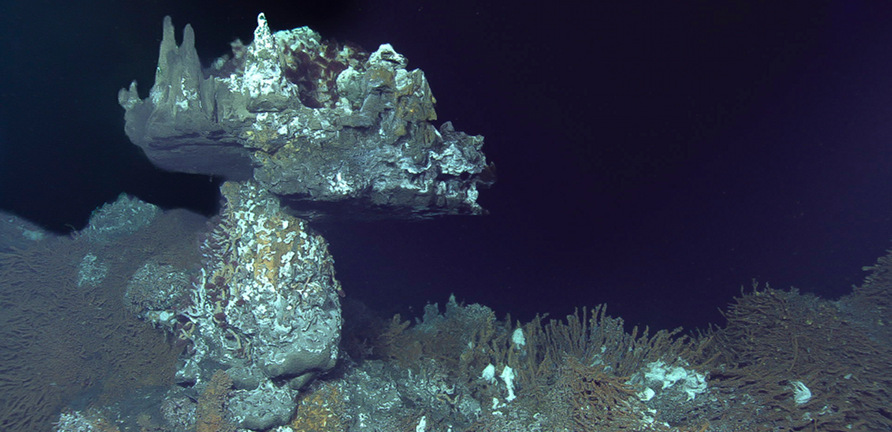
Help analyze deep-sea videos – 15 seconds at a time. NEPTUNE Canada invites you to participate in ocean science research (no experience required!). By playing Digital Fishers you’ll help researchers gather data from video, and unveil the mechanisms shaping the animal communities inhabiting the deep.
NEPTUNE Canada is an array of ocean observatories off the west coast of Vancouver Island, connected by an 812 km loop of fibre optic cable relaying data between hundreds of scientific instruments. The NEPTUNE Canada database, containing both live and archived data, can be freely explored by anyone with Internet access.
Input from Digital Fishers is helping organize and annotate thousands of hours of video from NEPTUNE undersea cameras, providing a rich resource for sea life researchers, and helping to catalogue the variety and abundance of sea life found on these rock structures.
Project owners + coordinators:
Jodie Walsh, research coordinator
To learn more and participate, visit: https://digitalfishers.net
To stay up-to-date on this project:
• follow twitter.com/digitalfishers
• connect with facebook.com/digitalfishers
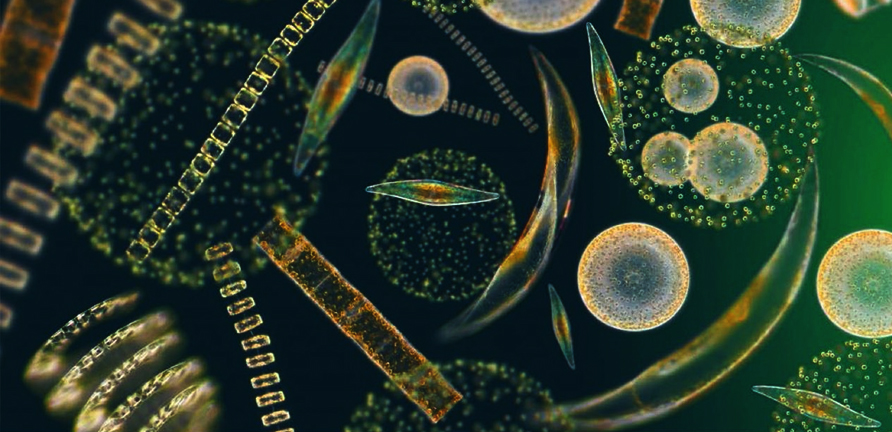
Measure the density of phytoplankton living near the ocean’s surface! Marine phytoplankton account for ~50% of all photosynthesis on Earth, are critical to the marine food chain, and play a central role in the global carbon cycle that strongly influences Earth’s climate. Phytoplankton are declining due to rising sea surface temperatures as a consequence of climate change. The Secchi Plankton Study asks you to make a Secchi disk—a simple white disk attached to a measuring tape—lower it into the ocean (away from sediment-rich areas), record the depth at which it disappears, and enter the information into an app. Much more can be known about the changes to phytoplankton density by contributing more points of data from around the world. The collective dataset generated will eventually be linked with data from ocean-monitoring satellites to create a resource for scientists and the public.
Project owners + coordinators:
Richard Kirby, project lead
Nicholas Outram, iOS developer
Nigel Barlow, Android developer
Sam Lavender, database developer
To learn more and participate, visit: https://secchidisk.org
To stay up-to-date on this project:
• connect with facebook.com/secchidisk
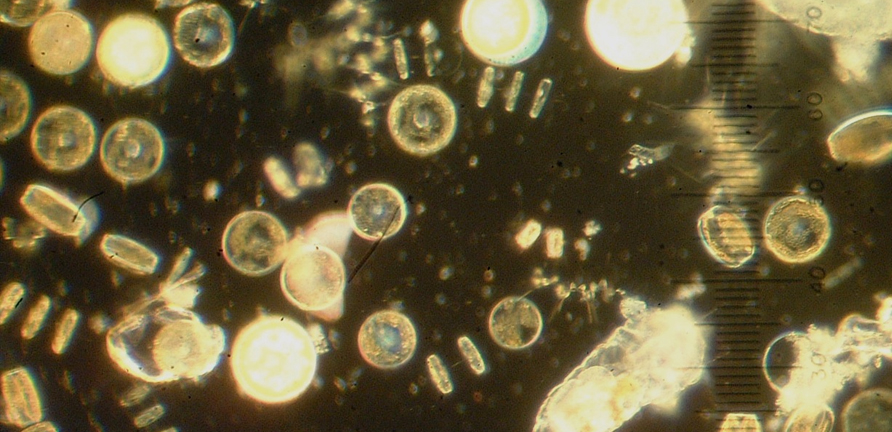
photo by willapalens
Classify different types of plankton to help analyze ocean health. Plankton are a critical source of food for life in the ocean – without plankton, we would have a lifeless ocean. Analyzing when and where plankton occur at different depths helps build a better understanding of the ocean from small to global scales. As a group, plankton are an eclectic collection of beautifully intricate organisms adrift in the oceanic waters. The classification of an organism as ‘plankton’ has nothing to do with its biological grouping, but rather with its inability to swim actively against oceanic currents. There are two main types of plankton: phytoplankton (plants) and zooplankton (animals).
Plankton Portal focuses primarily on zooplankton because the underwater camera system (named ISIIS, the In Situ Ichthyoplankton Imaging System) they use is optimized to photograph larger planktonic organisms. The weightlessness of life in the ocean environment allows for very delicate and complex body designs, which are almost impossible to keep intact with normal means of collection. Imaging systems provide a first glimpse of these amazing animals in their natural environment, and may even lead to discovery of new species.
Project owners + coordinators:
Bob Cowen, research director
Chris Lintott, Zooniverse lead
To learn more and participate, visit: https://planktonportal.org
To stay up-to-date on this project:
• follow twitter.com/planktonportal
• read blog.planktonportal.org
• join talk.planktonportal.org
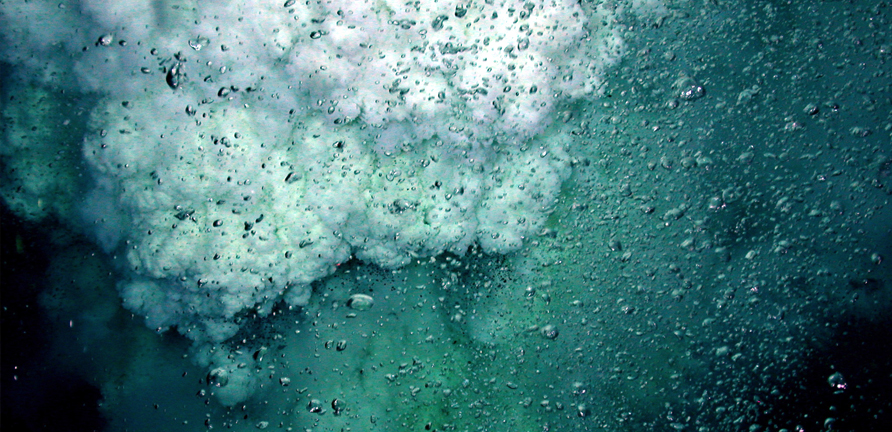
NOAA
A $2 million global competition to improve our understanding of ocean acidification. The Wendy Schmidt Ocean Health XPRIZE challenges people to create pH sensors that will affordably, accurately and efficiently measure ocean chemistry at any depth. New sensors are urgently needed for scientists to study and monitor ocean acidification and its impact on marine ecosystems. Data from these new sensors is needed in order to take action on preserving the ocean.
Rising levels of atmospheric carbon are resulting in higher levels of acidity. The potential biological, ecological, biogeochemical and societal implications are staggering. The absorption of human CO2 emissions is already having a profound impact on ocean chemistry, impacting the health of shellfish, fisheries, coral reefs, other ecosystems and our very survival. The competition will award a $2 million in prizes to teams for their performance in accuracy and affordability.
Project owners + coordinators:
Paul Bunje, Senior Director of Ocean Health X PRIZE
To learn more and participate by June 30, 2014, visit: https://oceanhealth.xprize.org
To stay up-to-date on this project:
• read oceanhealth.xprize.org/blog
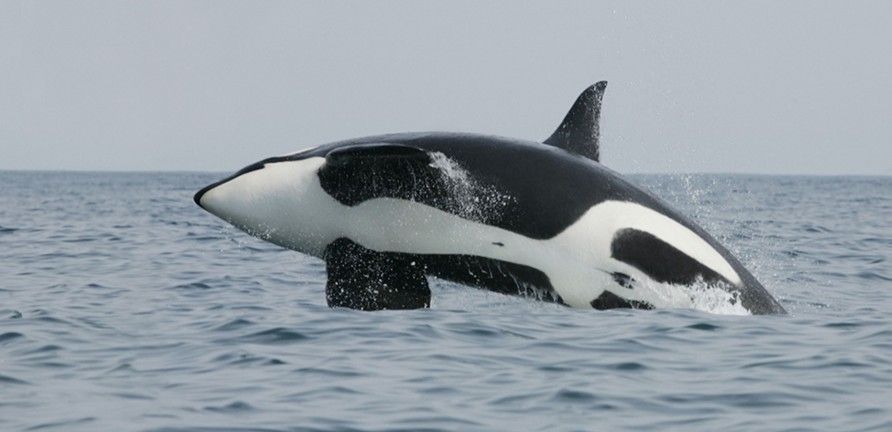
Help decode the language of whales. The Whale FM project ames to increase our understanding of what whales are saying to each other. Whales talk to each other in quite sophisticated ways. Each family of Killer Whales has its own dialect and closely-related families share calls, yet the communication of killer whales and pilot whales is still poorly understood. By listening to and categorizing whale calls, you can help demystify the complex language of these intelligent aquatic mammals.
The increasing size of current acoustic datasets and the large call repertoire make it very difficult for scientists to address these questions. A single person would take months to go through the data, and the outcome would still depend on a single persons’ interpretation.
By asking people to help categorize whale calls, Whale FM hopes to answer questions such as: How large is the call repertoire of pilot whales? Do the long and short finned pilot whales have different call repertoires? How well can the calls of vocal species such as pilot whales be categorized?
Project owners + coordinators:
Whale FM team, [email protected]
To learn more and participate, visit: https://whale.fm
To stay up-to-date on this project:
• follow twitter.com/whalefm
• read blog.whale.fm
• connect with facebook.com/pages/Whale-FM
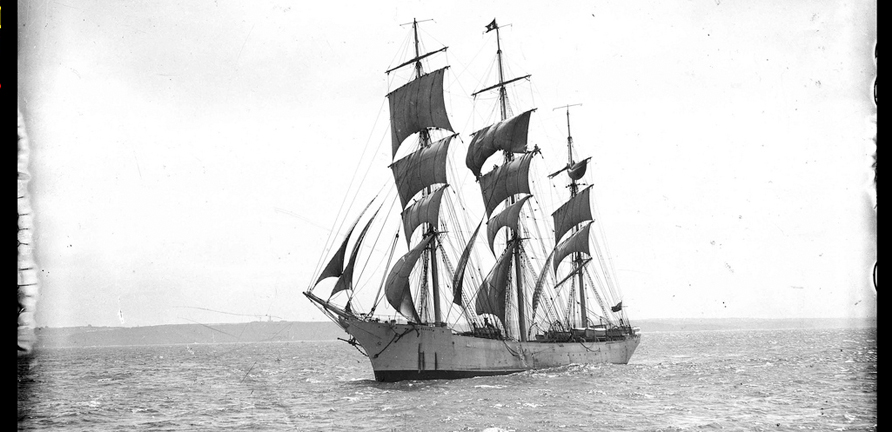
photo by William Hall
Help create weather models that forecast the future of Earth’s weather and climate. Logbooks detailing weather conditions were maintained by historic ships using pen and ink. Many of these logbooks have not been digitally transcribed and thus we have gaps in our knowledge and data about old weather patterns. This project asks for your help in transcribing these old logbooks into a digital format.
Oceans absorb and transport large amounts of heat and water around the world which affects our weather. Old Weather contains logbooks from the Arctic since the mid-19th century, Antarctic from the late 19th century/early 20th century, and from trading ships between the UK, India and China from the 1780’s to the 1830’s. By transcribing the location and weather conditions from hundreds or thousands of logbooks, people can feed that data into computer models, generating a 3D picture of weather around the globe. By understanding weather variability in the past, we can improve our understanding of what weather will do in the future.
Project owners + coordinators:
Chris Lintott, Zooniverse lead
Stuart Lynn, developer
The Old Weather Team
To learn more and participate, visit: https://oldweather.org
To stay up-to-date on this project:
• follow twitter.com/oldweather
• read blog.oldweather.org
• join forum.oldweather.org